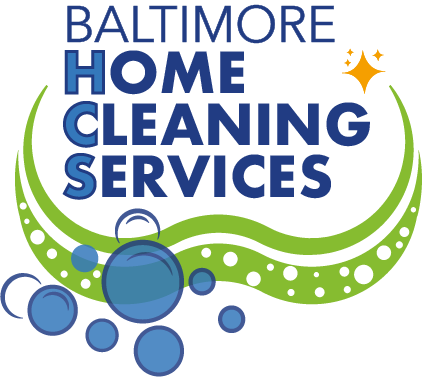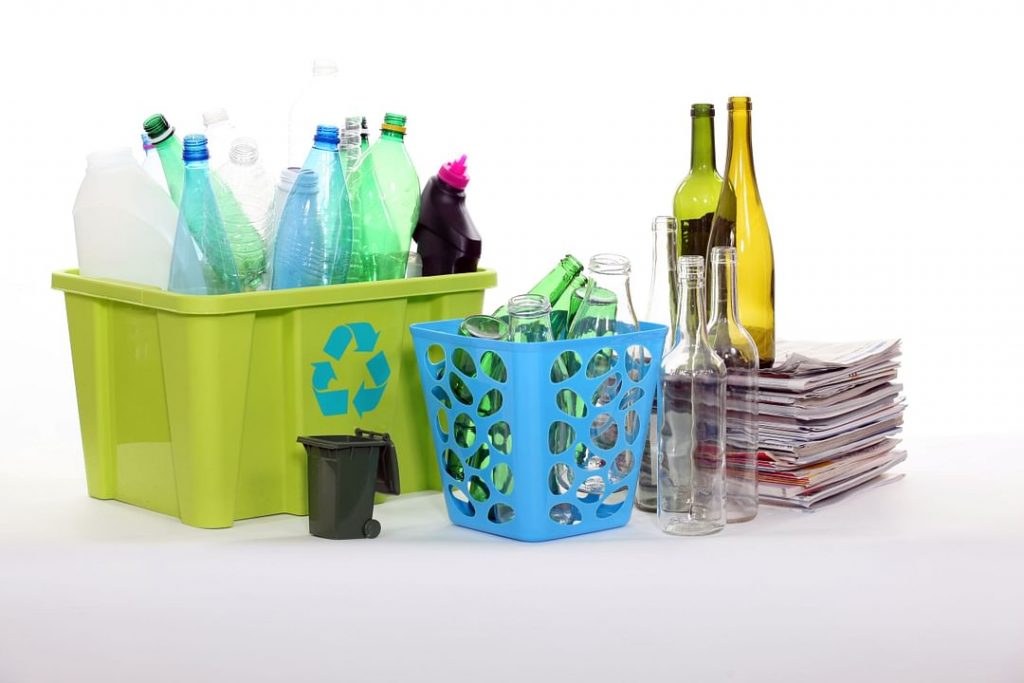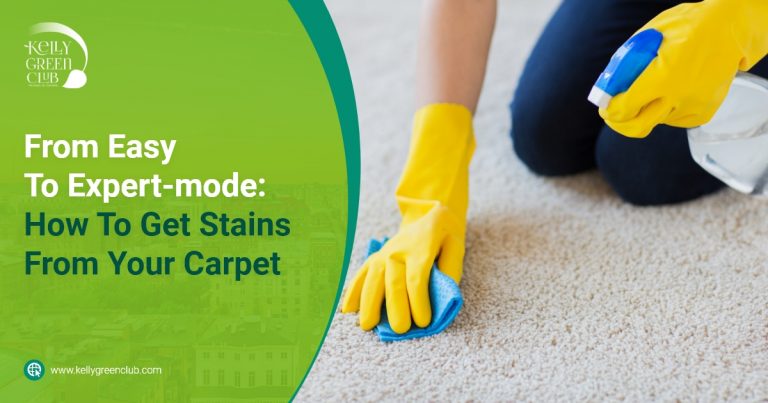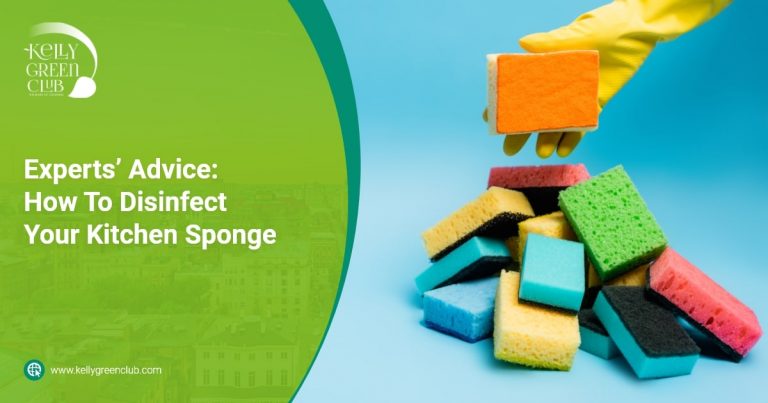Did you know that the average person in the United States generates around 4.5 pounds of waste every single day? Multiply that by around 300 million, and you can see why garbage has become a serious problem in this country. This is just one reason why recycling is so important.
Recycling not only saves valuable space in our landfills, but it also helps reduce greenhouse gas emissions
All materials should be clean, to avoid contamination – wash out bottles, cans, yogurt pots etc, before recycling.
Items that can be recycling
- Glass bottles and jars – recycle lids/caps separately
- Paper (newspapers, magazines, telephone books, office paper, junk mail, comics and light cardboard)
- Laminated or waxed papers like paper cups.
- Drinks cartons (for milk, juice etc.)
- Aluminum (soft drink and beer cans, foil)
- Plastic bottles and cartons.
- Food tins (fruit, vegetables, pet food)
- Plastic bottle tops, metal and aluminum lids
- Textiles (clean clothes, bed linen, towels, coats and jackets)
- White goods (washing machines, cookers, dryers, dishwashers, fridges)
- Batteries (also collected in shops and supermarkets)
- Books (Donate or sell any books that you no longer read. . “Outdated” often means “vintage,” to savvy book collectors.)
- Shredded Paper.
- Disposable Plats and Cups ( Most plastic cups and plates can go in the recycle bin, and you can compost paper plates.)
- CD and DVD Cases.
- Cardboar ( cardboard boxes, including cereal boxes, pizza boxes, cracker boxes, and any other type of paper packaging).
Items that can´t be accepted for recycling
- Crystal glass, Pyrex, television tubes, opal glass, (that is, alcohol bottles where a large amount of foil is glued to he bottle) and car windscreens.
- Porcelain, pottery, stones and ceramic tiles.
- Carpets and rugs, cushions or mattresses.
- Hazardous waste.
Many household products contain substances that are potentially harmful to the environment. They include medicines, aerosols, bulbs and fluorescent tubes, polishes, adhesives, household cleaners, drain cleaners, solvents, weedkillers and fertilisers.
Some of these items can be brought to a civic amenity centre where they can be recycled or disposed of.
Pharmaceutical drugs (such as painkillers), medical waste (such as syringes or surgical gloves) and containers for pharmaceutical drugs should be returned to your local pharmacy, which can dispose of them properly.
Some local authorities organise mobile collections, where hazardous waste can be left at a central point.
Did you know that the average person in the United States generates around 4.5 pounds of waste every single day?
Recycling not only saves valuable space in our landfills, but it also helps reduce greenhouse gas emissions. And when we recycle, we also have to use fewer resources like water and energy to turn that item into another usable item. Recycling is good for us, the planet, and it can also save you money.



